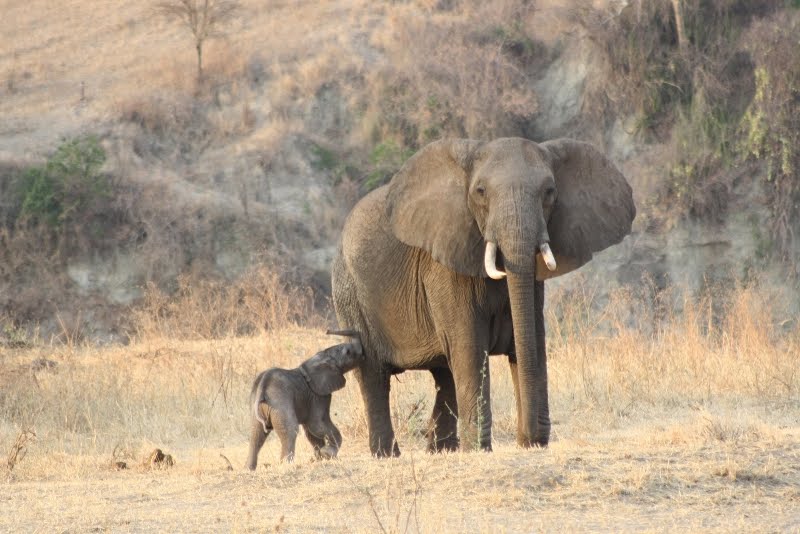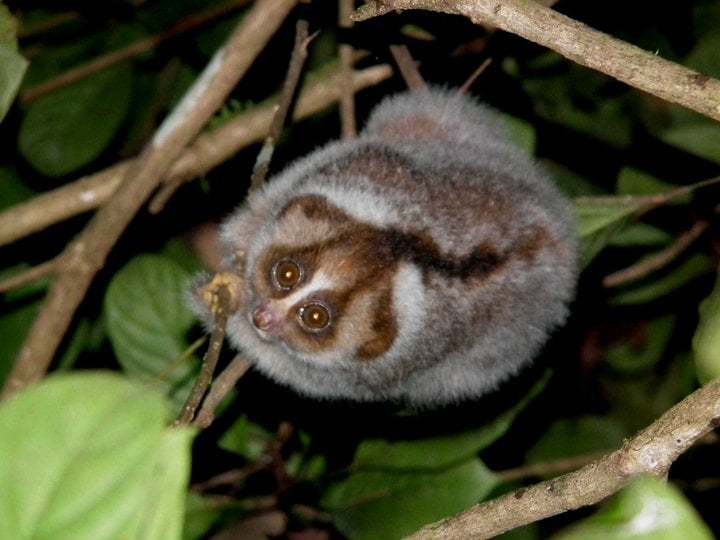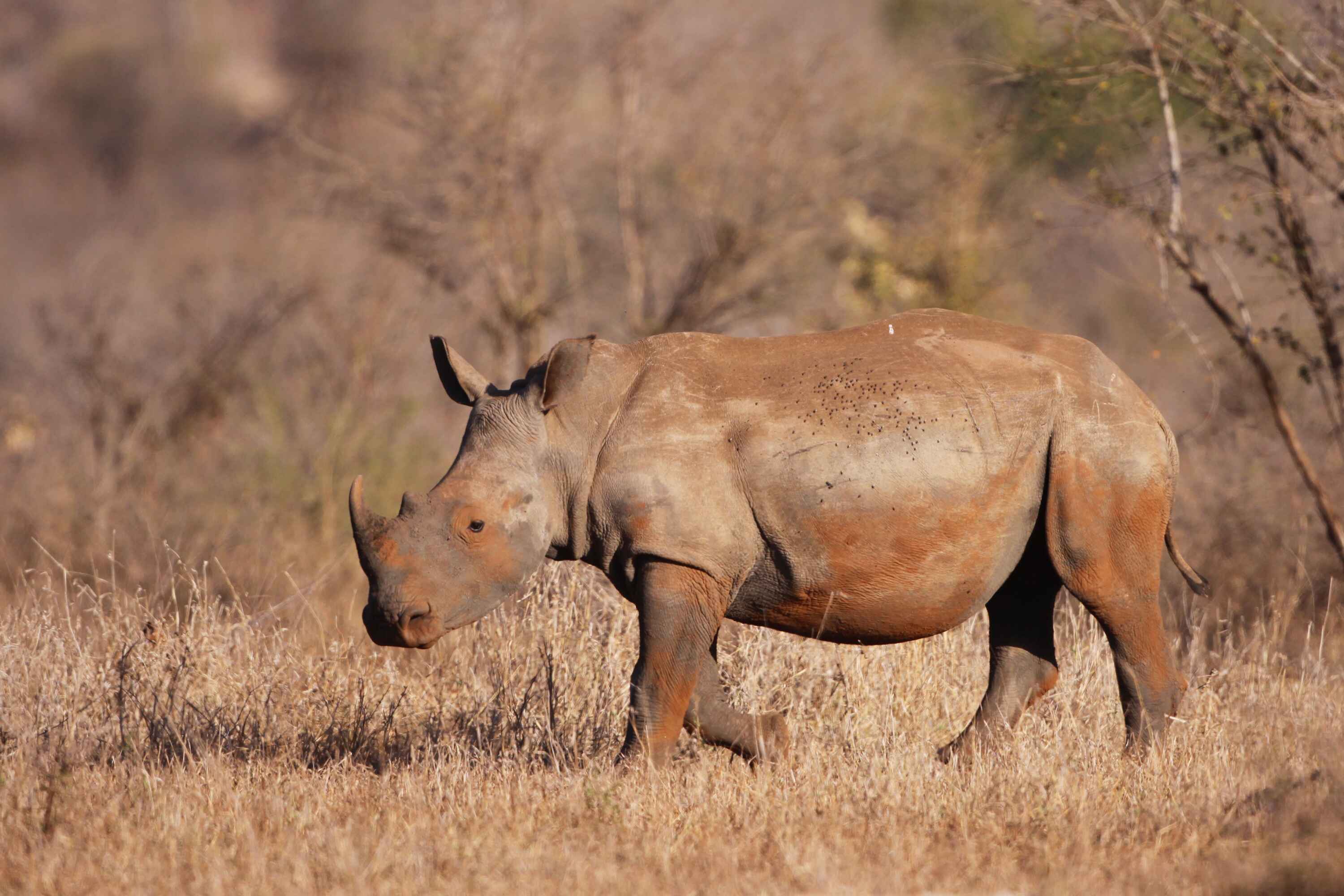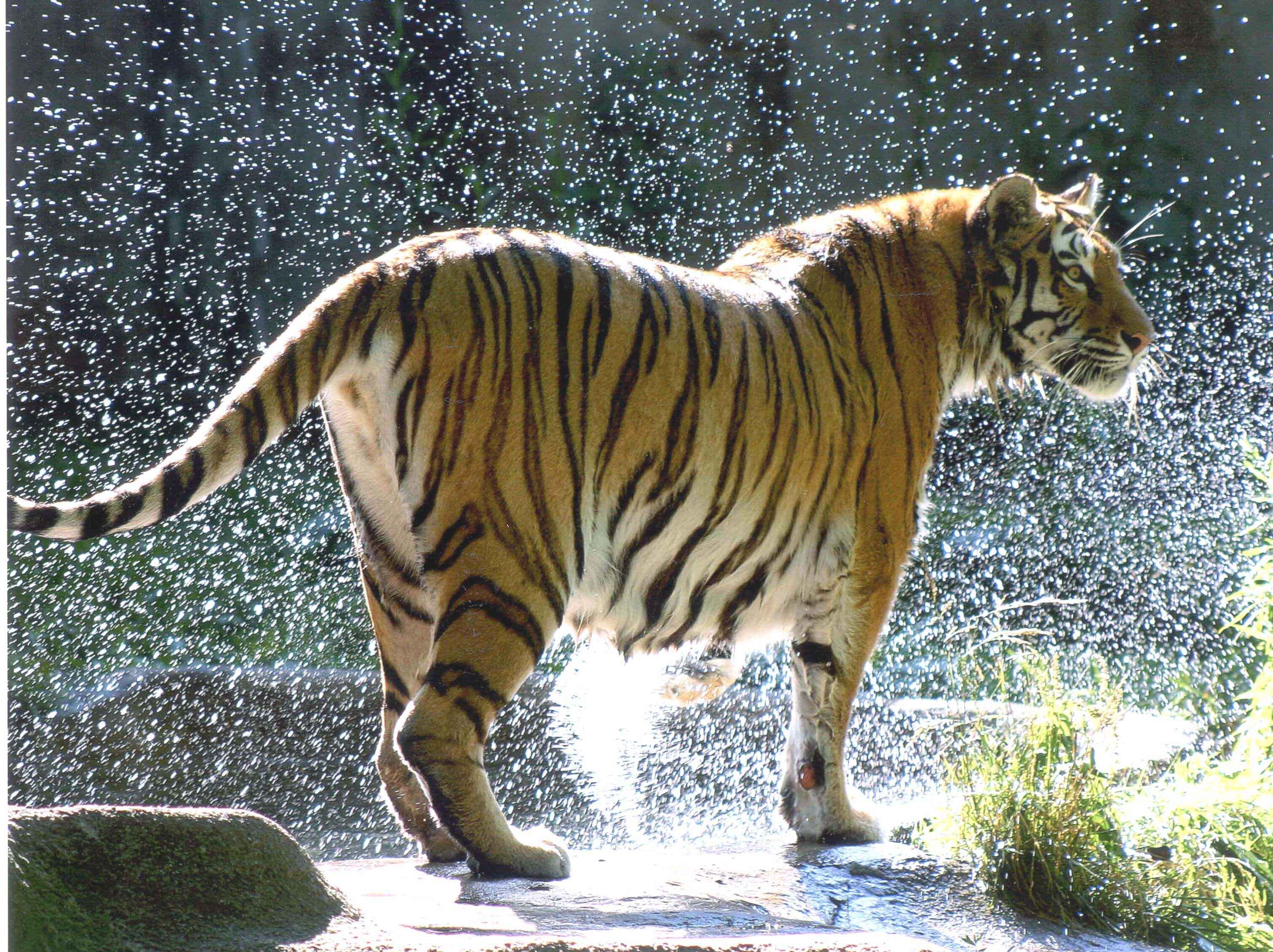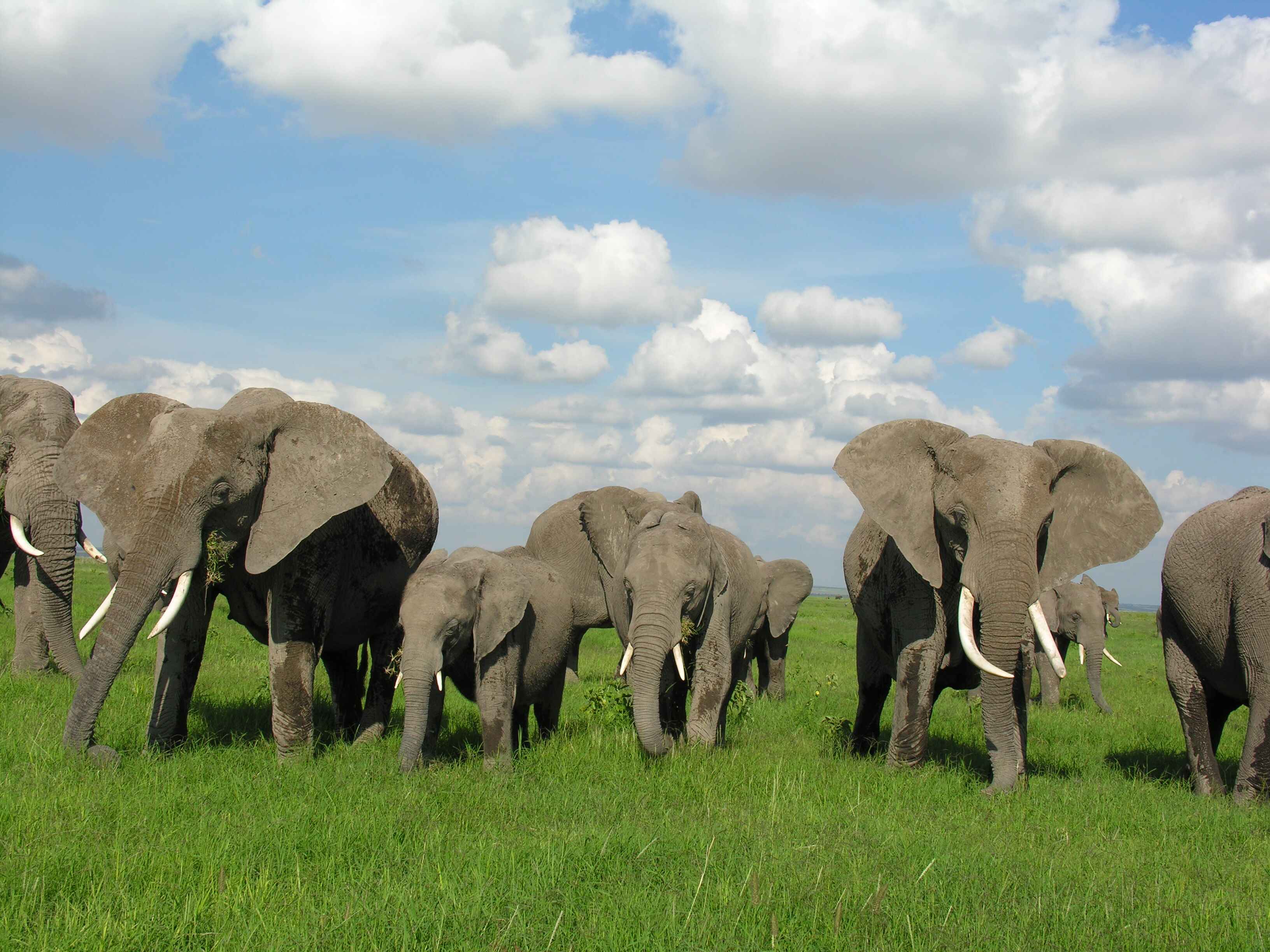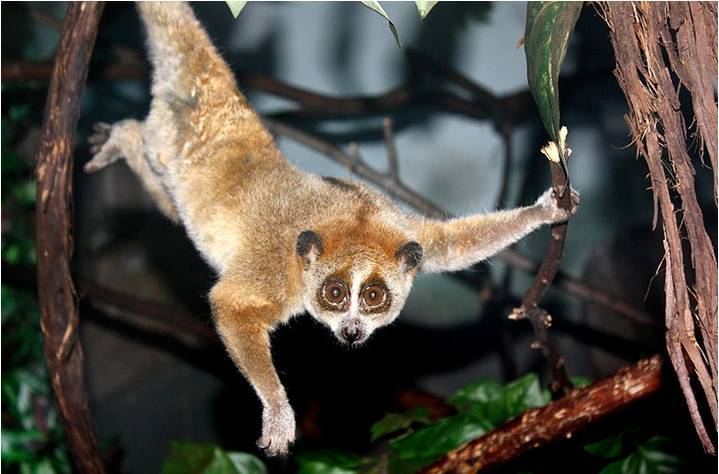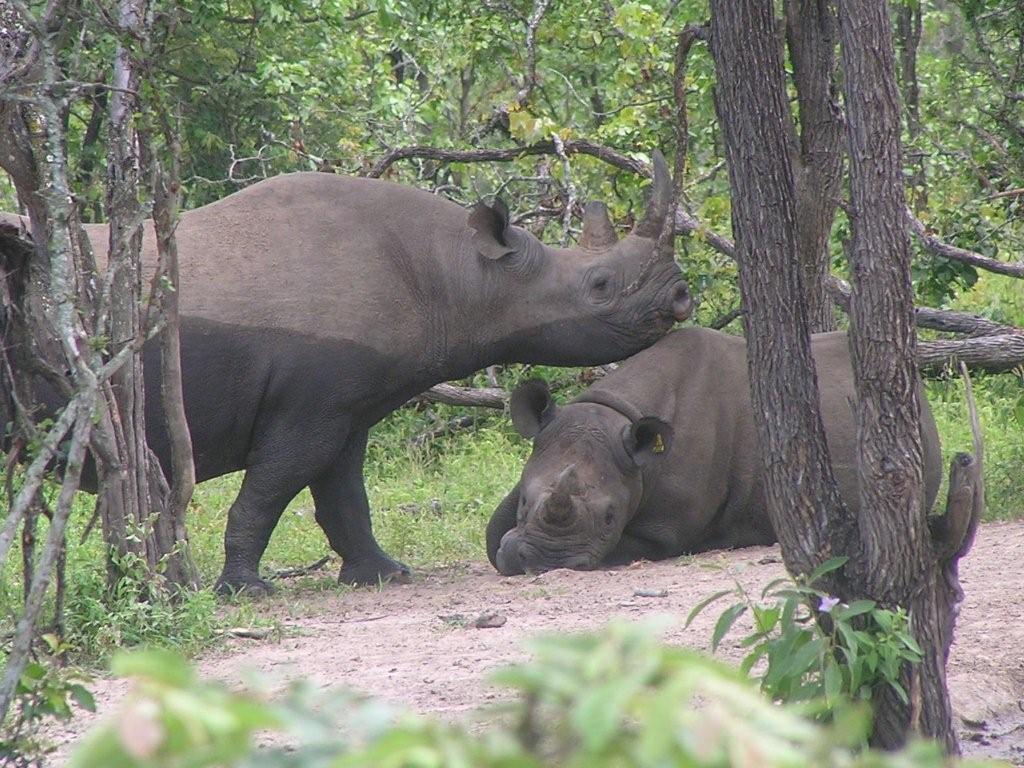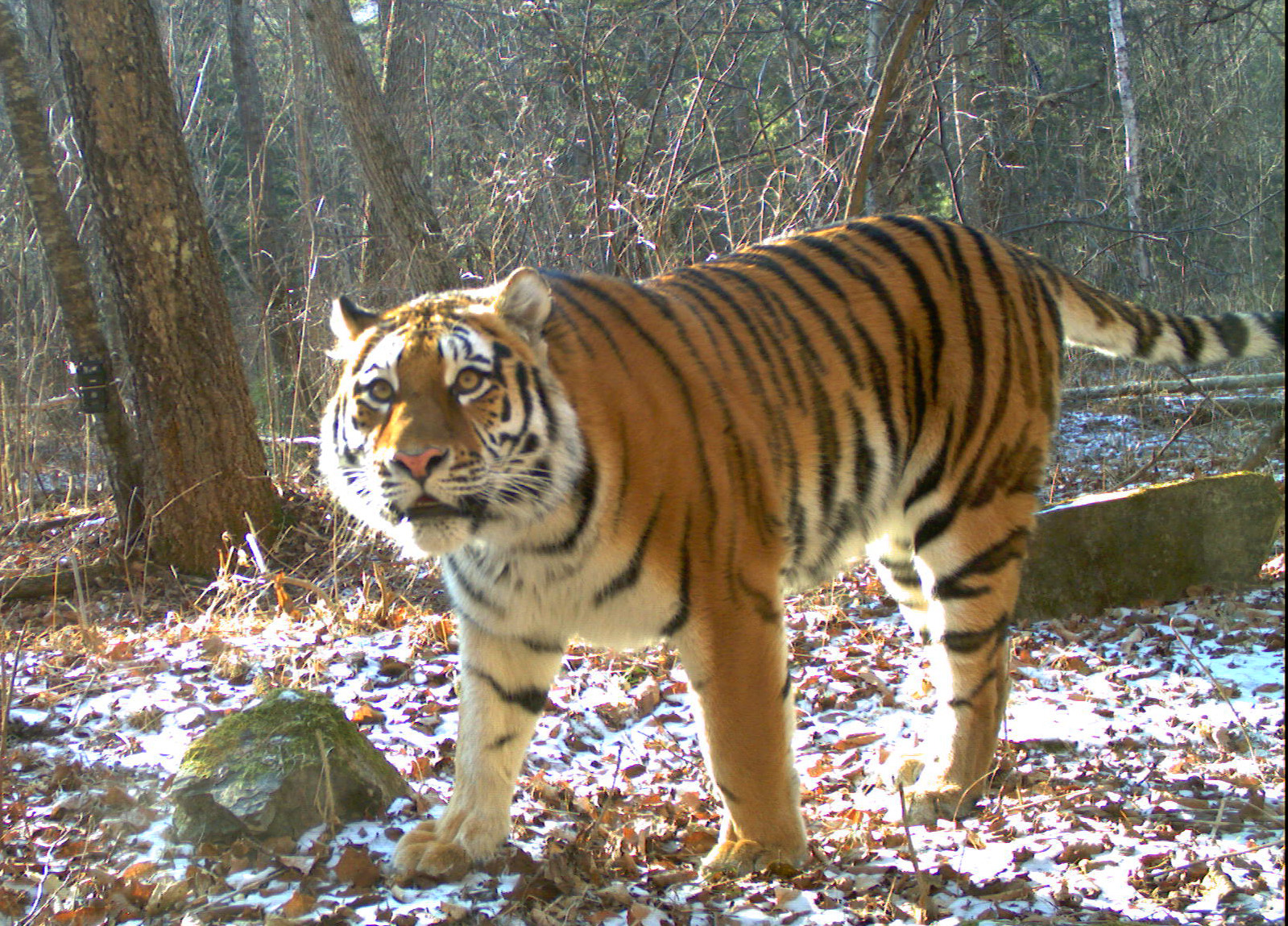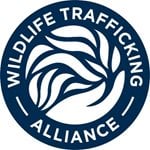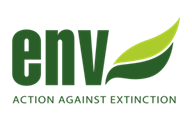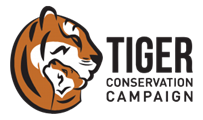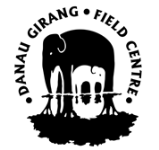Tigers, elephants, rhinos, slow lorises, and other threatened species are in danger of disappearing in our lifetime due to the illegal and unsustainable trade in wildlife and wildlife products.
The illegal wildlife trade is consuming wildlife at alarming rates and is a grave threat to the survival of the earth's species. This escalating trade, a black market turned ‘big business’, is estimated to be worth more than $15 billion a year. Elephant ivory and rhino horn might come to mind, but a myriad of plant and animal species are taken from their wild habitats and sold as pets, parts, products and more. Controlled by dangerous international criminal networks, this Illegal trade has been linked to terrorism and the trafficking of drugs, arms and people. Addressing it requires strategic efforts at all points in the trade and supply chain, from collector to consumer. This involves anti-poaching efforts, law enforcement and legislative action, education and public advocacy, and personal consumer behavior change.
WHAT WE'RE DOING
We’re working to stop illegal wildlife trade in Southeast Asia.
In partnership with Education for Nature-Vietnam (ENV) and other partners in Indonesia and Malaysia we are working with law enforcement agencies and conservation organizations to gather intelligence and data, and investigate illegal wildlife trade cases and networks. ENV’s National Wildlife Crime Hotline and its outreach and awareness campaigns actively engage the public in combating wildlife crime and reducing demand for wildlife products. Advocacy efforts promote stronger legislation and legal protection for wildlife.
- ENV’s National Wildlife Protection Network - more than 4,000 volunteers in 32 provinces - monitor and survey consumer wildlife trade hotspots and conduct valuable investigations that have led to documentation and resolution of more than 6,500 cases of wildlife crime since 2005.
Addressing illegal wildlife trade and reducing the demand for wildlife products
The Wildlife Trafficking Alliance is a coalition of leading non-profit organizations, companies, foundations and media interests working together to reduce the purchase and sale of illegal wildlife products. Goals include raising public awareness on the wildlife trafficking crisis, reducing demand for wildlife products, and mobilizing companies to adopt best practices and educate consumers.
- WTA currently involves more than 40 members including WWF, WCS, National Geographic Society, IFAW, HSUS, WildAid, TRAFFIC, AZA, San Diego Zoo Global, Cleveland Metroparks Zoo, Discovery Communications, EBay, Etsy, Google, Ralph Lauren, and others.
Actively combating the trafficking of wildlife products
African Wildlife Foundation’s Canine Detection Unit employ specially trained detection dogs to help stop trafficking by sniffing out illegal wildlife products like ivory and rhino horn at ports and check points. This increases seizure rates, deters traffickers and intercepts wildlife products headed for transit countries and destined for consumer markets.
- A well-trained sniffer dog and its handler can search 300 passengers and 600 bags in less than 30 minutes with more than 90% accuracy. It would take 36 customs officers hours to attempt to do the same.
MAKE A DIFFERENCE
- Never buy wildlife or products made from protected wildlife or their parts - or support vendors who sell them. Encourage others to do the same. Help us Stop Wildlife Trafficking.
- Learn about the realities of owning an exotic pet and how to talk to others who might consider purchasing wildlife as a pet.
- Learn more about how you can take action and make a difference for wildlife.

